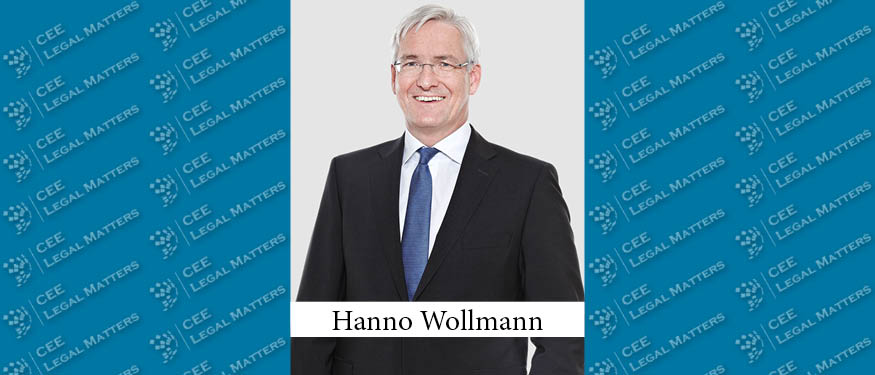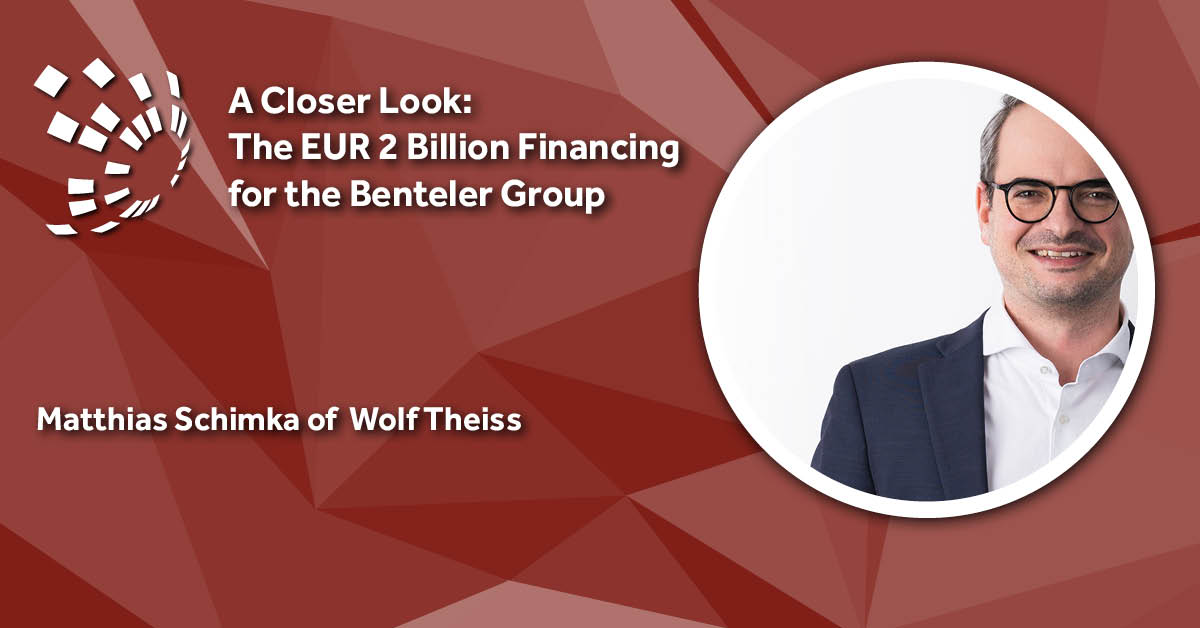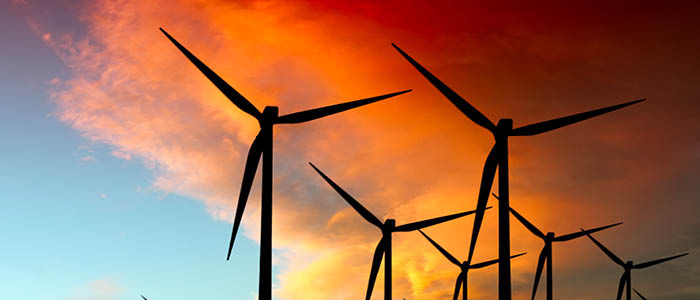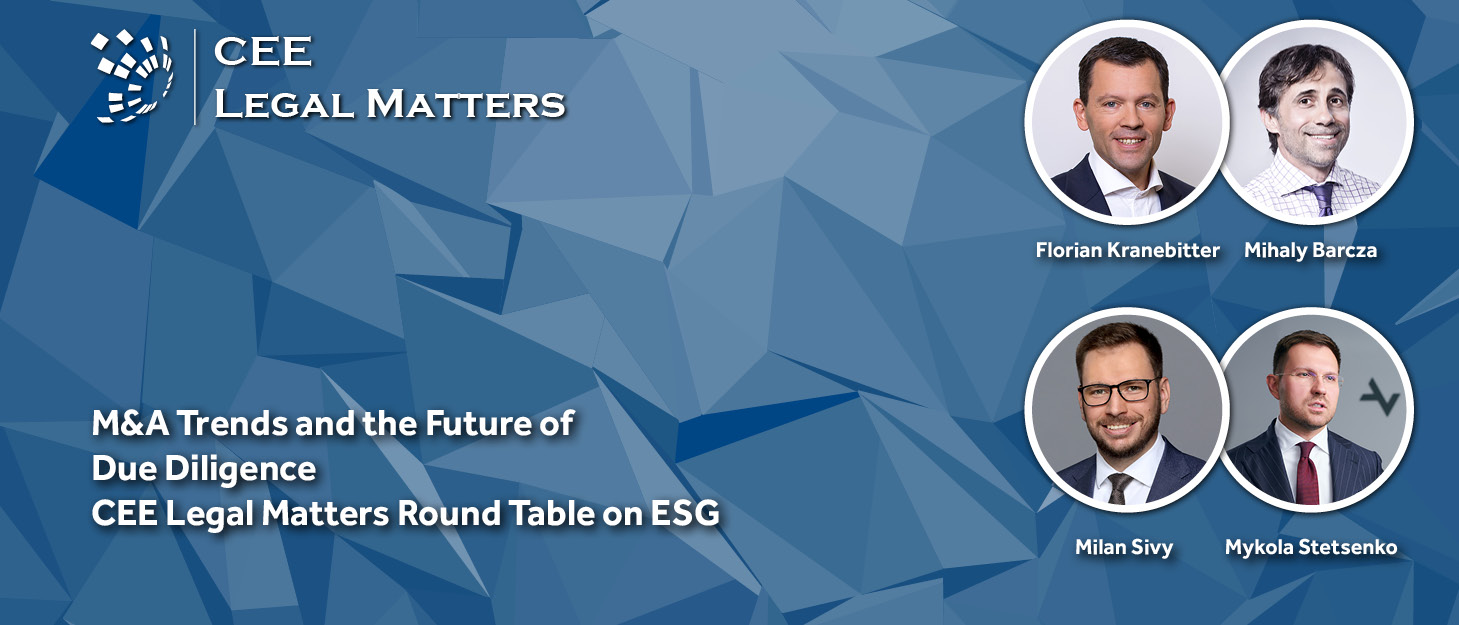Cerha Hempel has advised Raiffeisen Property Holding International on the sale of an office building in the Neu Marx area in the third district of Vienna to the European Handball Federation via a forward purchase. Reportedly, Joklik, Katary, Richter advised the buyers on the deal.
What is a Foreign Subsidy?
Regulation (EU) 2022/2560 on Foreign Subsidies (the "FSR") aims to address distortions caused by foreign subsidies in the single market. In this part of our FSR Insight Series, we explain the fundamental notion of what constitutes a "foreign subsidy" within the meaning of the FSR. You will find a basic definition in Article 3 FSR, with some further considerations in recitals 11 to 16 of the Regulation.
Deal Expanded: Schoenherr’s Christoph Moser and Angelika Fischer Talk About the DOTY in Austria
CEELM: First, congratulations on winning the Deal of the Year award in Austria!
Austria: Latest Developments in the Real Estate Market
The Austrian real estate market has been characterized by steady growth over the last decade, driven by a strong economy, low-interest rates, and increasing demand from both local and foreign buyers.
Must-have Soft Skills for the GC of Tomorrow
Alexey Amvrosov, Lead Counsel for IBM Consulting in CEE, based in Vienna, highlights the soft skills that will differentiate successful legal leaders from those less so.
Herbst Kinsky Advises Froots on Second Financing Round
Herbst Kinsky has advised Lifetree Asset Management – Froots – on its second financing round which saw Gregor Schlierenzauer and Ronald Holzmann join existing investors Georg Kapsch, Andreas Treichl, Gina Goess, and Reinhold Baudisch, with the company raising over one million euros.
A Closer Look: Wolf Theiss' Matthias Schimka on the EUR 2 Billion Financing for the Benteler Group
On May 22, 2023, CEE Legal Matters reported that Wolf Theiss, working with Milbank, had advised the initial purchasers and lenders on Salzburg-based Benteler Group’s capital market debut issuance and loans amounting to over EUR 2 billion. CEELM reached out to Wolf Theiss Partner Matthias Schimka to learn more about the matter.
E+H Advises EcoWind on Sale of 26-Megawatt Carinthian Wind Farm Portfolio
E+H has advised EcoWind on the sale of the Steinberger Alpe wind farm and the Soboth wind turbine to Kelag in an international bidding process.
Taylor Wessing Advises SkySpecs on Acquisition of i4SEE
Taylor Wessing has advised wind energy technology company SkySpecs on the acquisition of i4SEE.
Cerha Hempel Advises OMV on Sale of Avanti Service Stations in Germany to PKN Orlen
Cerha Hempel has advised OMV on the sale of its Avanti-branded service stations in Germany to PKN Orlen Group's Orlen Deutschland.
SHB Law Office Simon Harald Baier Opens Doors in Vienna
Former PwC Legal Attorney at Law Simon Baier has launched the eponymous SHB Law Office Simon Harald Baier.
Rautner Advises Gugelsolar and Erste Bank on PV System Construction and Financing
Rautner Rechtsanwaelte has advised Gugelsolar GesmbH and Erste Bank on their construction and financing of the Sonnenfeld Pellendorf agri-photovoltaic system as an addition to the existing Gugelberg wind farm.
Binder Groesswang and Cerha Hempel Advise on PAI Partners Acquisition of Savory Solutions Group
Binder Groesswang, working with Willkie Farr & Gallagher, has advised PAI Partners on its acquisition of NovaTaste – formerly the Savory Solutions Group – from International Flavors & Fragrances. Cerha Hempel, working with Cleary Gottlieb, advised the seller.
Banking & Finance in Austria
Contributed by Act Legal WMWP Rechtsanwalte.
Fieldfisher Opens Office in Vienna
Fieldfisher opened an office in Vienna on June 1 with former SCWP Schindhelm Partners and by integrating Meissner & Passin.
Capital Markets in Austria
Contributed by Schoenherr.
Deal 5: Croma Pharma Managing Director Andreas Prinz on Combination Agreement with EHC Business
On January 4, CEE Legal Matters reported that Dorda, working with Loyens & Loeff, had advised Croma-Pharma on entering into a business combination agreement with the European Healthcare Acquisition & Growth Company. CEE In-House Matters spoke with Andreas Prinz, Managing Director at Croma Pharma, to learn more about the deal.
ESG Talks: M&A Trends and the Future of Due Diligence – A CEE Legal Matters Round Table
On July 7, four leading lawyers from Austria, the Czech Republic, Hungary, and Ukraine sat down for a virtual round table moderated by CEE Legal Matters Managing Editor Radu Cotarcea to discuss the increasing prominence of ESG issues and their impact on M&A transactions, due diligence procedures, and the role of the lawyers themselves.

































